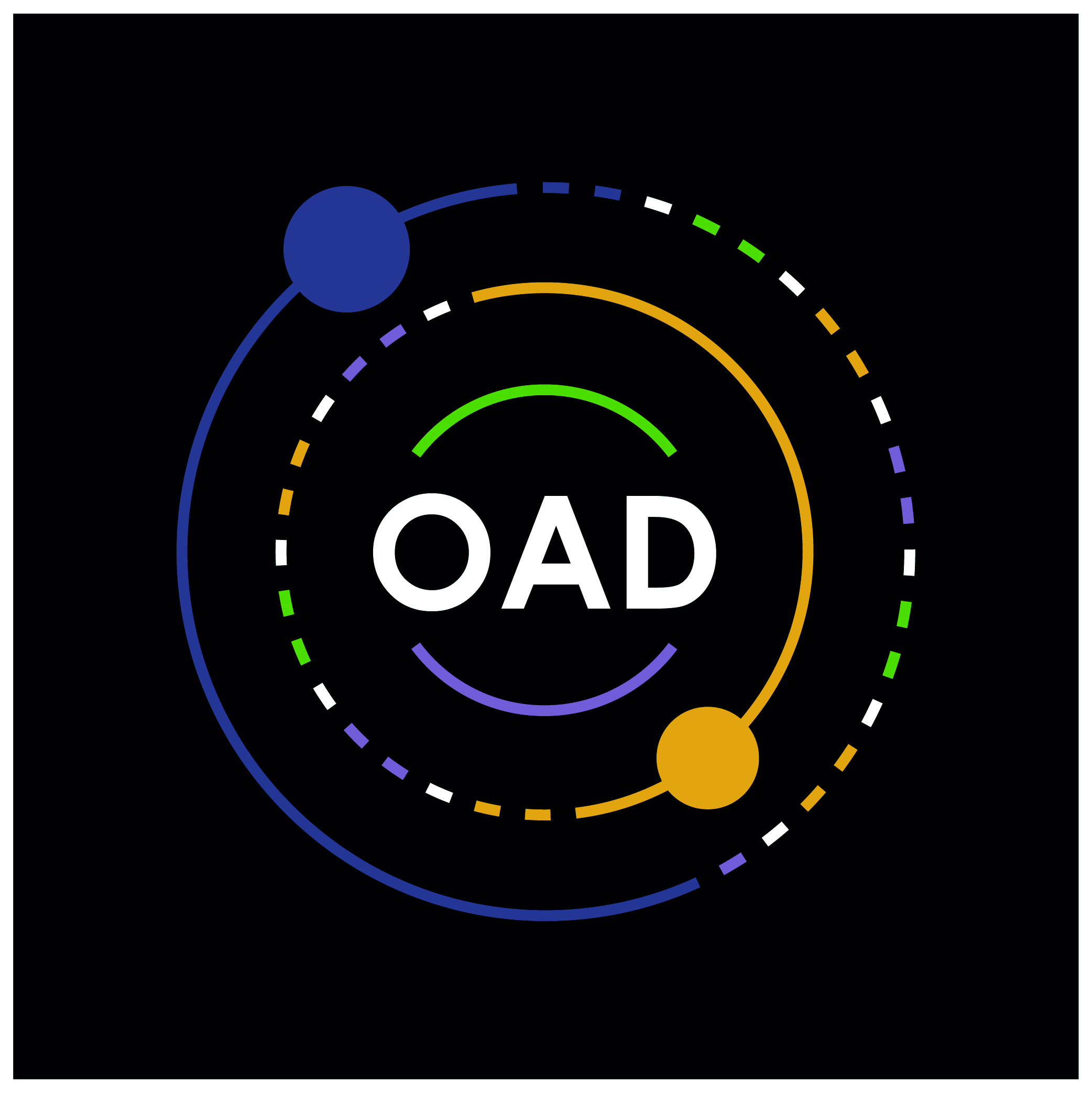Astro4Skills is focused on both the development of skills through astronomy as well as their application towards sustainable development. It includes skills used in astronomy, such as programming, data handling, data analysis and machine learning, as well as infrastructure such as cloud computing platforms, to advance development objectives through either the teaching or application of skills. This may be executed in the form of programmes such as advanced schools/workshops, or in the form of hackathons/competitions which bring together skilled professionals or students with the goal of solving development issues using such skills.
How can astronomy contribute?
The implementation of training schools/workshops could lead to an increase in the number of students/individuals who are confident in applying the skills learned to their own studies, research or careers, as well as motivated to further the skills learned, leading to enhanced employability and greater contribution. It could also lead to a growing number of cross disciplinary and cross sector data intensive projects, further partnerships with development and data science organisations and wider use of infrastructure such as high performance and cloud computing, especially in contexts where such tools are used infrequently and could be beneficial.
Projects under this theme align with a number of SDGs, including:
- SDG 4 (Quality Education): The theme promotes education through workshops, hackathons, and training in data science, programming, and machine learning – especially in underserved regions.
- SDG 9 (Industry, Innovation and Infrastructure): Leveraging astronomy-related infrastructure like cloud computing and high-performance computing supports technological advancement and innovation.
- SDG 10 (Reduced Inequalities): Targeting marginalised communities and countries with limited resources helps bridge the digital divide and promote inclusive development.
- SDG 17 (Partnerships for the Goals): Collaborations with organisations like DataKind and WHO foster cross-sector partnerships to tackle development challenges using astronomy-based data science.

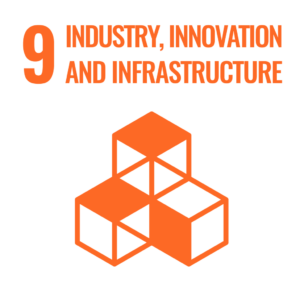
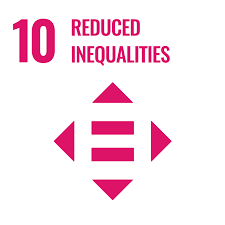
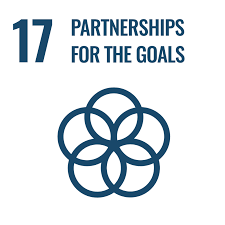
The flagship projects under this theme focuses on leveraging astronomy-related expertise to address global development challenges. One key initiative was the Big Data Hackathons, organised by the Office of Astronomy for Development (OAD) and Development in Africa with Radio Astronomy (DARA) Big Data, which aimed to build data science and programming capacity across Africa using radio astronomy as a foundation. These multi-year events have empowered participants with critical technical skills while fostering regional innovation.
Another major project is Hackathons for Development (Hack4Dev), a series of hackathons designed to apply astronomy-derived skills – such as machine learning, cloud computing, and data analysis – to real-world development problems. Held in countries like Kenya, Ghana, South Africa, India, and Brazil, these events bring together students, professionals, and industry partners to co-create solutions that are both locally relevant and globally impactful.
Together, these projects exemplify how astronomy can be a powerful catalyst for education, economic growth, and social progress.
N.B. Educational or outreach programmes at the schooling level, as well as general astro teacher training programmes will fall under the scope of the IAU Office for Astronomy Education (OAE http://www.haus-der-astronomie.de/OAE) and the IAU Office for Astronomy Outreach (OAO https://www.iau.org/public/oao/).
Approaches and Literature Review
Applying the data analysis or machine learning techniques used by astronomers to analyse development-related data or hosting a hackathon event to tackle a development-related issue.
Identify a development problem/need which could be addressed or contributed to by the application of skills such as programming, data handling, machine learning, deep learning etc. The issue could be a global problem, or one specific to a particular country or community.
All or some of the data necessary to tackle the problem may be acquired and pre-processed prior to the event. Else, sourcing and cleaning/preparing data could also be part of the challenge for participants.
Call upon individuals with a mixture of skills across data science and domain specific knowledge, as well as students or others who would like to develop particular skills through such an event, to come together for the event to work on solutions either individually or as part of a team.
The event could take place physically or could be held online. If held at a venue, there should be access to a reliable internet connection with sufficient speed.
An available computing platform such as a server or cloud should be identified for participants to access during the event.
At the end of the event, participants may present their solutions and begin planning the implementation phase, unless the event itself involves the implementation of a solution/project.
Teams could possibly work with various organisations, allowing for their solutions to be applied on a larger scale.
Educational programmes such as data analysis, machine learning and deep learning schools, workshops, hackathons etc.
Determine which individuals would benefit from the event in mind, i.e. would the school/workshop/hackathon be targeted at students (if so, at what level), educators, working individuals who would benefit from upskilling, or a combination thereof.
The event may be physically attended by participants, or could be a virtual event, e.g. virtual hackathons. If the event is to be held at a venue, identify accessible institutions/venues at which sufficient space and resources (such as computers/laptops) are available.
For machine learning / deep learning workshops and hackathons, an available computing platform such as a server or cloud should be identified for participants to access during the event. In these scenarios, the capabilities of computing infrastructure originally developed for astronomy purposes are brought to light, broadening horizons in terms of what can be achieved with programming.
In cases where necessary, there should be access to a reliable internet connection with sufficient speed.
In the case of hackathons/competitions, it may be beneficial for participants to work in teams.
Prepare/source the necessary resources such as handouts, notebooks, slides, videos, tutorials etc.
Identify volunteer tutors who have the expertise to assist participants throughout the event.
In the case of data science events, projects may be chosen such that the participants are exposed to the various different applications of machine learning / deep learning, for example, commercial, science/research and development.
Where applicable, participants may present their solutions nearing the end of the event, showing their understanding of the techniques used, or demonstrating the accuracy of their solutions. Prizes may also be awarded where possible.
The success/impact of the event should be assessed with the aid of feedback from participants and tutors, and/or the quality/effectiveness of the solutions produced.
Organisers may create a network for participants to keep in touch with each other, as well as the organisers, in order to assess the long term impact of the event or to carry out participant assessments post event.
- Bornmann, L. (2013). What is societal impact of research and how can it be assessed? a literature survey. Journal of the American Society for Information Science andTechnology, 64(2):217–233.
- Fabian, A. (2010). The impact of astronomy. Astronomy & Geophysics, 51(3):3.25–3.30.
- Davoust, E. (1995). The Purpose of Astronomy. Technical report.
- Rosenberg, M., Russo, P., Bladon, G., and Christensen, L. L. (2013). Why is Astronomy Important?
- Djorgovski, S. G., Mahabal, A. A., Crichton, D. J., and Chaudhry, B.(2015). From stars to patients: Lessons from space science and astrophysics for health care informatics. In 2015 IEEE International Conference on Big Data (Big Data), pages 2957–2959.
- Meijer, I. (2012). Societal returns of scientific research: How can we measure it?
Contact
Please email us at info@astro4dev.org
Visit our dedicated website for more information, resources and activities.
